
Paul Leonard Newman was an American actor, film director, race car driver, philanthropist, and entrepreneur. He was the recipient of numerous awards, including an Academy Award, a BAFTA Award, three Golden Globe Awards, a Screen Actors Guild Award, a Primetime Emmy Award, a Silver Bear, a Cannes Film Festival Award, and the Jean Hersholt Humanitarian Award.

Rachel, Rachel is a 1968 American drama film produced and directed by Paul Newman and starring his wife, Joanne Woodward, in the title role and co-starring Estelle Parsons and James Olson. The screenplay, by Stewart Stern based on the 1966 novel A Jest of God by Canadian author Margaret Laurence, concerns a schoolteacher in small-town Connecticut and her sexual awakening and independence in her mid-30s. The film was nominated for four Academy Awards and won two Golden Globes: Best Director and Best Actress (Drama).

Anthony George Franciosa was an American actor most often billed as Tony Franciosa at the height of his career. He began his career on stage and made a breakthrough portraying the brother of the drug addict in the play A Hatful of Rain, which earned him a nomination for the Tony Award for Best Featured Actor in a Play. He reprised his role in its subsequent film adaptation, for which he won the 1957 Venice Film Festival Award for Best Actor, and was nominated for the Academy Award for Best Actor in a Leading Role.
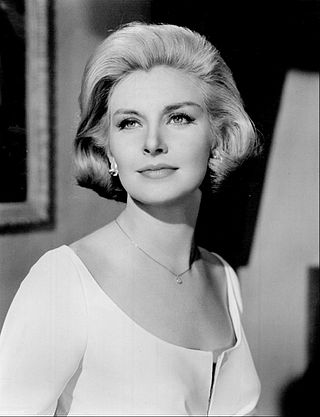
Joanne Gignilliat Trimmier Woodward is a retired American actress. A star since the Golden Age of Hollywood, Woodward made her career breakthrough in the 1950s and earned esteem and respect playing complex women with a characteristic nuance and depth of character. She is one of the first film stars to have an equal presence in television. Her accolades include an Academy Award, three Primetime Emmy Awards, a British Academy Film Award, three Golden Globe Awards, and a Screen Actors Guild Award. She is one of the last surviving stars from the Golden Age of Hollywood cinema and the oldest living Best Actress Oscar-winner.
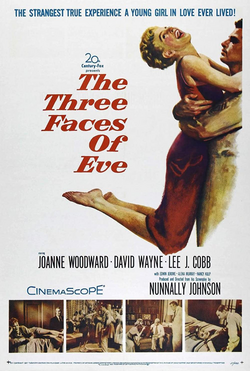
The Three Faces of Eve is a 1957 American film noir mystery drama film presented in CinemaScope, based on the book of the same name about the life of Chris Costner Sizemore, which was written by psychiatrists Corbett H. Thigpen and Hervey M. Cleckley, who also helped write the screenplay. Sizemore, also known as Eve White, was a woman they suggested might have dissociative identity disorder. Sizemore's identity was concealed in interviews about this film and was not revealed to the public until 1977. The film was directed by Nunnally Johnson.
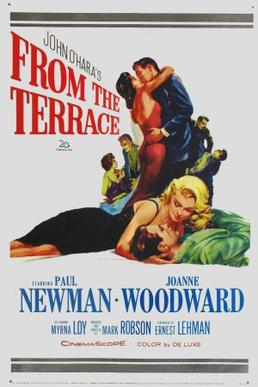
From the Terrace is a 1960 American DeLuxe Color romantic drama film in CinemaScope directed by Mark Robson from a screenplay by Ernest Lehman, based on the 1958 novel of the same name by John O'Hara. The film stars Paul Newman, Joanne Woodward, Myrna Loy, Ina Balin, George Grizzard, and Leon Ames, with a young Barbara Eden appearing in one scene. The plot tells the story of the estranged son of a Pennsylvania factory owner who marries into a prestigious family and moves to New York to seek his fortune.
Wishbone is an American live-action children's television series produced from 1995 to 1997 originally broadcast on PBS. It is about a Jack Russell Terrier dog who daydreams about being the lead character of stories from classic literature.

Rent is a 2005 American musical drama film directed by Chris Columbus. It is an adaptation of Jonathan Larson's 1996 Broadway musical of the same name, in turn based on the 1896 opera La bohème by Giacomo Puccini, by Giacomo Puccini, Luigi Illica and Giuseppe Giacosa, which is itself based on the 1851 novel Scenes of Bohemian Life by Henri Murger.
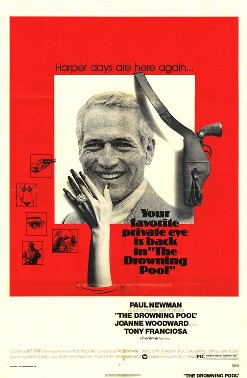
The Drowning Pool is a 1975 American thriller film directed by Stuart Rosenberg, and based upon Ross Macdonald's novel of the same name. The film stars Paul Newman, Joanne Woodward, and Anthony Franciosa, and is a loose sequel to Harper. The setting is shifted from California to Louisiana.
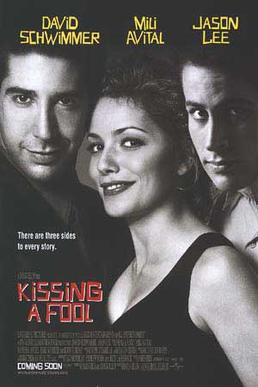
Kissing a Fool is a 1998 American romantic comedy film directed by Doug Ellin. It primarily stars David Schwimmer, Jason Lee, Mili Avital, Kari Wührer, and Vanessa Angel. Schwimmer was one of the executive producers.

The third season of the American fictional drama television series ER first aired on September 26, 1996, and concluded on May 15, 1997. The third season consists of 22 episodes.
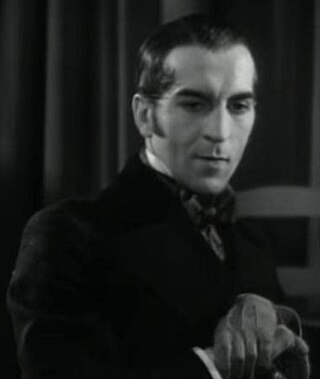
Ralf Harolde was an American character actor who often played gangsters. Between 1920 and 1963, he appeared in 99 films, including Smart Money with Edward G. Robinson and James Cagney, Jimmy the Gent with James Cagney and Bette Davis, Night Nurse with Barbara Stanwyck and Clark Gable, I'm No Angel with Mae West, Baby Take a Bow with Shirley Temple, A Tale of Two Cities with Ronald Colman, Our Relations with Laurel and Hardy, and Murder, My Sweet with Dick Powell.

Harry & Son is a 1984 American drama film directed by Paul Newman, who also stars. The screenplay by Newman and Ronald Buck focuses on the relationship between a blue-collar worker and his son, who fails at various odd jobs while aspiring to be a writer. Joanne Woodward, Ellen Barkin, Ossie Davis, Wilford Brimley, and Judith Ivey also star. The film also features Morgan Freeman.

Robert Frank Simon was an American character actor.
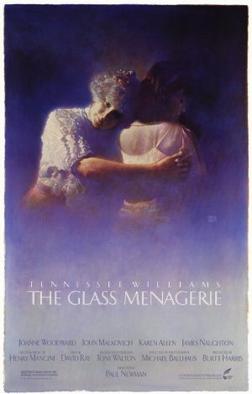
The Glass Menagerie is a 1987 American drama film directed by Paul Newman. It is a replication of a production of Tennessee Williams' 1944 play of the same title that originated at the Williamstown Theatre Festival and then transferred to the Long Wharf Theatre in New Haven, Connecticut. The film is the fourth adaptation of the Williams play, following a 1950 feature film and television movies made in 1966 and 1973. It was shown at the 1987 Cannes Film Festival and the Toronto International Film Festival before opening in New York City on October 23, 1987. It is also the last film directed by Newman before his death in 2008.

The Effect of Gamma Rays on Man-in-the-Moon Marigolds is a 1972 American drama film produced and directed by Paul Newman. The screenplay by Alvin Sargent is based on the Pulitzer Prize-winning 1964 play of the same title by Paul Zindel. Newman cast his wife, Joanne Woodward, and one of their daughters, Nell Potts, in two of the lead roles. Roberta Wallach, daughter of Eli Wallach, played the third lead.
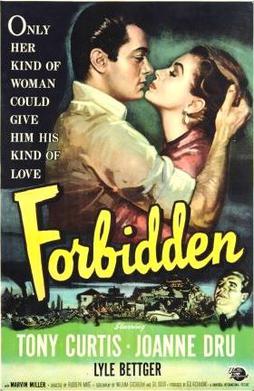
Forbidden is a 1953 American film noir crime film directed by Rudolph Mate and starring Tony Curtis, Joanne Dru and Lyle Bettger.
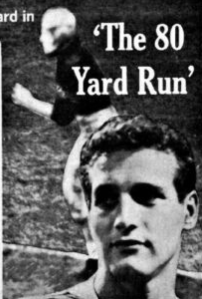
"The 80 Yard Run" is an American television play broadcast on January 16, 1958, as part of the second season of the CBS television series Playhouse 90. Paul Newman and Joanne Woodward co-starred. Franklin Schaffner directed, and David Shaw wrote the teleplay as an adaptation of a story written by his brother Irwin Shaw.

The Last Movie Stars is an American limited documentary series created by Emily Wachtel and directed by Ethan Hawke. All six episodes of the series were released on HBO Max on July 21, 2022. After discovering transcripts of interviews conducted at Paul Newman's request for an abandoned memoir project, a daughter of Newman and Joanne Woodward asked Hawke to tell their story, personally and as artists. Hawke assembled actors to read pieces of the interviews, conducted and edited by writer Stewart Stern, including interviews with Newman and Woodward. The marriage spanned 50 years and was often cited as one of the great Hollywood successful marriages and love stories.


















